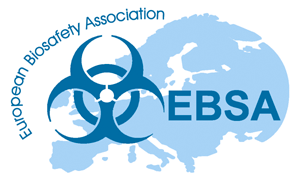About EBSA17 - Course I -Biosafety contribution to responsible science
EBSA17 - Course I -Biosafety contribution to responsible science
Course Instructors
Tim Trevan, International Council for the Life Sciences, McLean, VA/USA
Gavin Macgregor-Skinner, The Pennsylvania State University, Washington, DC/USA
The vast majority of biologists enter the field because they have a passion to make the world better by understanding organisms and the systems they live in. We dream of improving the world's health through combatting disease, improving nutrition and protecting species and the environment.
But research into and exploitation of biology can both intentionally and unintentionally cause damage to these very things in a variety of ways. Indeed, surveys repeatedly tell us that most biologists are unaware or have not given full thought to all the ways in which their work could be misused. Work on pathogens, invasive species and novel DNA are obvious candidates for additional security and safety considerations, but so too are many of the enabling techniques and technologies.
International concern about the misuse of biological agents, has led authorities to develop extensive biosecurity measures based on physical, personnel and data restriction. In contrast, the scientific community is about the open and free exchange of ideas and sharing of methods and discovery. This is especially so in the microbiology community working to counter the threat of infectious disease outbreaks. This sharing and publication has brought biosecurity concerns, about what work should be conducted, how it should be approved, who should be trained in specialist techniques in microbiology, what should be published and how is this policed.
This course explores the issues, gives examples of managing the risk and would be relevant for those working in biodefence, global security, policy-making, institutional biosafety/biosecurity, synthetic biology/GMOs, or the education of scientists.
